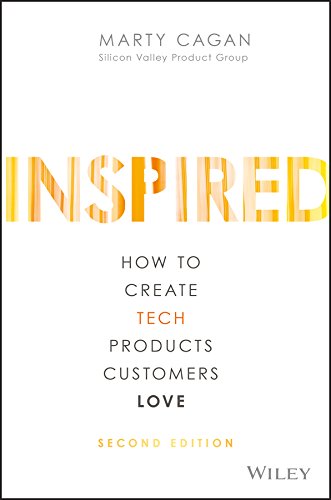Inspired
Inspired is a great introduction on how to be a Product Manager by Marty Cagan, a former engineer turned product expert. Here’s one of my favorite themes of the book:
Product: build the right product
Engineering: build the product right
Here are the most poignant things I learned from this book organized by category.
Product team structure
- It’s important to have somebody between product marketing and engineering (i.e. the product manager). Otherwise UX gets skipped and the TL has to figure out what to build, which is a bad recipe for product-market fit.
- Also a bad idea is to let sales direct engineering, if you do that you get features, not products.
- Most product orgs are basically feature factories… don’t be like that.
Engineering management
- Run product management and design in parallel with engineering - the PM and designers should always be 1-2 sprints ahead of eng.
- To combat tech debt, give the engineering team “headroom,” i.e. 20% of resources to do with it what they want.
The importance of prototypes
- It’s really important to take an engineer or two and create usable prototypes during the discovery phase. Otherwise most startups use their entire eng process and release cycle to ship experiments in order for product to iterate. This is why it takes 1.5-2 years for most companies to find traction, and why many startups fail
- Cagan argues that making a full mock with all intended functionality not only is preferrable, but will actually let you ship faster by reducing risk later in engineering.
General product management
- Software projects have two stages: Discovery (build the right product) and Execution (build the product right). After the discovery phase ends, the product spec needs to be locked down otherwise changes create “churn.”
- Don’t rely on your manager as a mentor, it’s not their job.
- To prevent surprises and make sure meetings with lots of high level stakeholders run smoothly, reach out to them beforehand to get them on board.
I thought this book had some fresh things to say about confidence. Frequently confidence is looked upon negatively in tech—something that MBAs who don’t know what they’re talking about have. But I really liked Cagan’s take on it:
Confidence is an important trait because the entire product team, executive team, and sales organization is looking to the product manager to convince them that what they are investing their time and money and careers in will be successful, and that the vision is a good one.
Books mentioned in this book:
